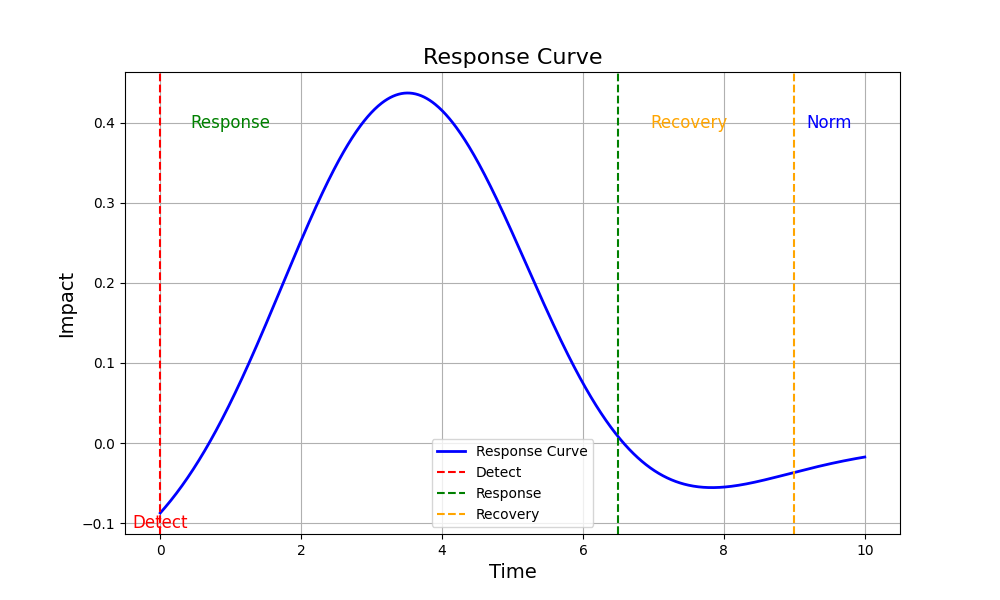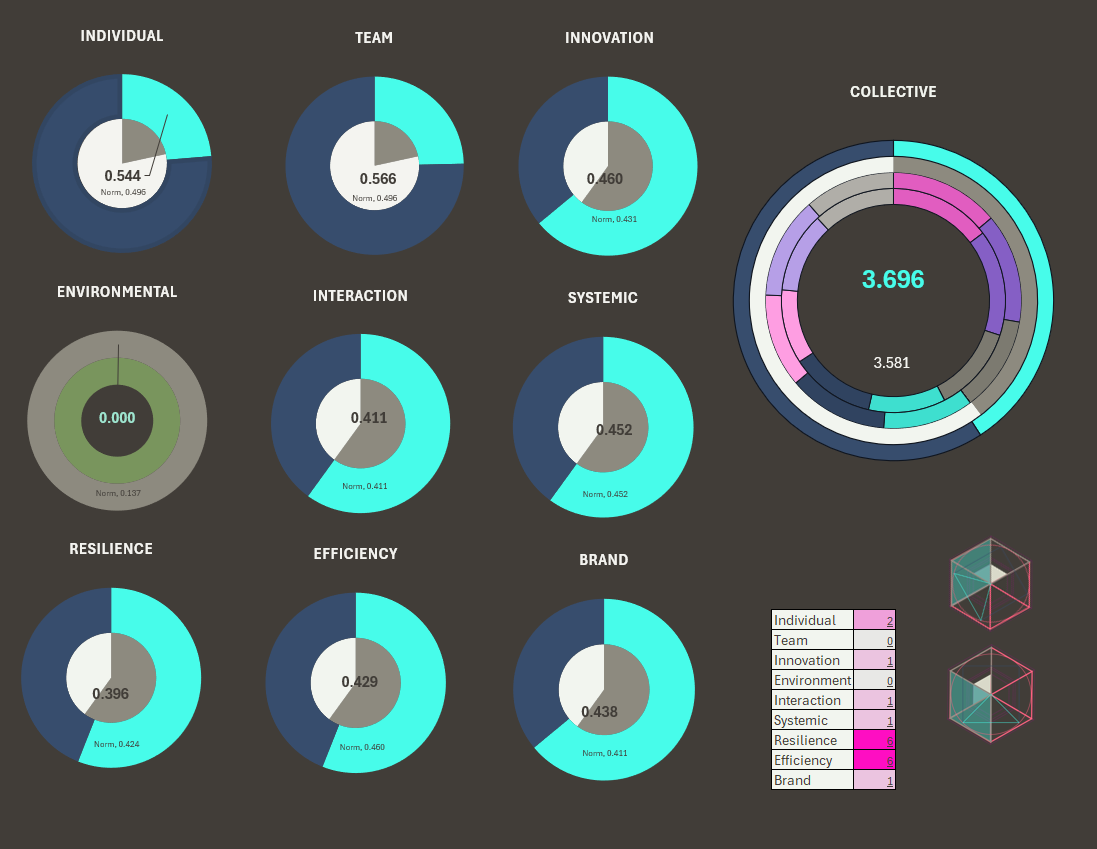It starts with selection
When supporting your organizational development and fulfilling your potential, finding the right partner to help is imperative
Metier Solutions gives customers a competitive advantage and service offering, which leverages a combination of trust, discretion, experience and technical excellence to assist in the acceleration of business capability and market development
Solutions
For our latest thinking and blog please visit our blog
Services
We provide a range of services to the Defence, Security, Risk and Events industry. Covering, strategy, business planning, accelerated capability development and transformation. Our offerings are supported by an executive network and search capability.
Capability Building
From concept to delivery, identify opportunities, developing business plans and routes to market as well as identification and selection of the right people to accelerate capability
development and revenue generation.
Market Knowledge
Deep understanding of digital transformation, operational improvement and business innovation challenges. 20 -year track record of diverse delivery. Metier Solutions actively maintains a propriety database for market analysis and insights.
Productivity
Using data-driven insights and our organizational performance theory, our services transforms organisational productivity by systematically identifying and quantifying critical performance drivers at individual, team, interactional, environmental and systemic levels. We achieve revolution through evolution.
People
Our people are industry practitioners who have developed their experience first hand. Bring specialist skills, honed in diverse sectors and on successful programs for organisations across the globe.
Risk Management Solutions
Provide trusted and confidential support to optimize your investment and guide your risk-informed decision making.
Training Requirements Definition
Should seek to address two issues: – Value to the individual receiving training and the development of organizational capability to deliver business objectives.
Directors
Every member of our board of directors is a thought leader who has made significant contributions to their chosen field. Each one brings a unique set of skills and expertise to our organization.
Trevor
Trevor is the founder and director of Metier Solutions who has spent 20 years working in science and technology across the breath of defence, security and commercial markets. A Fellow of the Learning and Performance Institute, with over 20 years of experience of leadership, management, business development and consultancy. Passionate about organizational performance and individual development, he is dedicated to delivering meaningful benefits and positive change. He takes a hands-on role in the running of the business and is actively involved in working with our senior clients and heads Metier Solutions consultancy.
Organisational
Performance

The
IMP ACT
Theory and Model
(Integrated Model for Performance Assessment and Collective Transformation) provides your organisation with a comprehensive, data-driven assessment of performance across individual, team, environmental, interactional and systemic levels.
By aligning performance measurement directly with your strategic
objectives,
IMPACT
enables precise identification of strengths, uncovering hidden opportunities and addressing areas requiring improvement.
Leveraging our methodology, we deliver clear insights and actionable recommendations, empowering your organisation to improve operational efficiency, strengthen team collaboration, foster innovation and ensure resilience.
Implement
IMPACT
today to make informed decisions, enhance productivity and sustain competitive advantage.
See the challenges, know the risks
Find your next challenge
Fill in the form below and upload your CV and we'll be in touch to tell you about relevant roles
CONTACT US
Have a question? We are here to help. Send us a message and we’ll be in touch.





